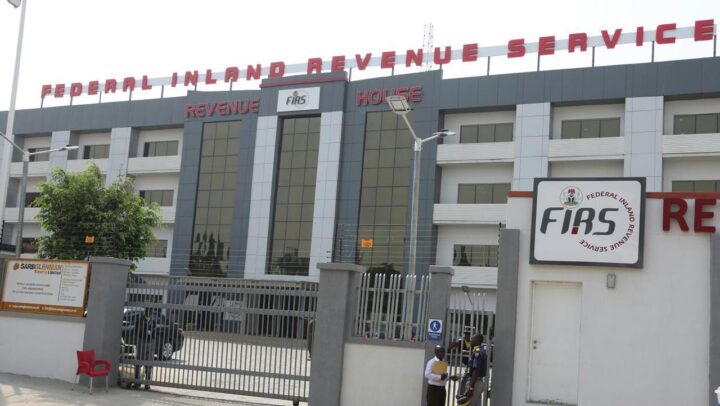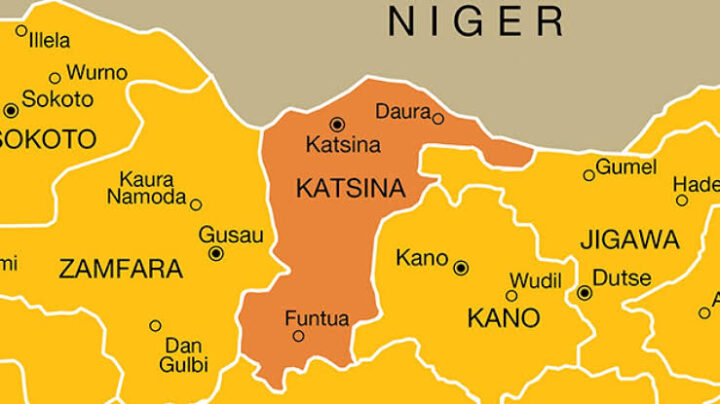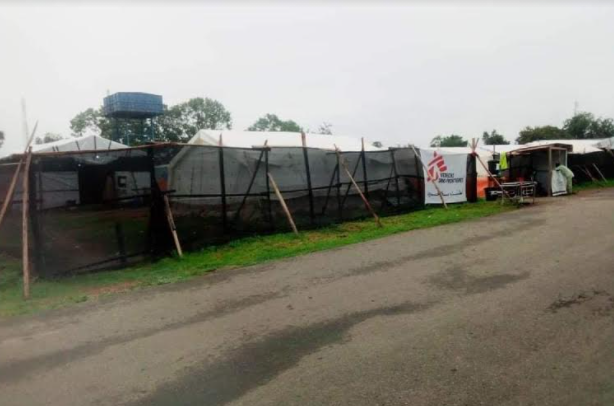The federal high court in Port Harcourt has issued an order restraining the Federal Inland Revenue Service (FIRS) from collecting value-added tax (VAT) and personal income tax (PIT) in Rivers state.
In its ruling on Monday, the court directed the Rivers state government to take charge of the collection.
Rivers state government (plaintiff) had filed a case, with suit No. FHC/PH/CS/149/2020, against the FIRS (first defendant) and the attorney general of the federation (second defendant) over demands, threats and intimidation of the state residents to pay PIT and VAT by the tax agency.
The state government had sought 11 reliefs from the court. These include a declaration that the power of the federal government to delegate the collection of taxes can only be exercised by the state government or other authority of the state and no other person according to provisions in Part II (concurrent legislative list) of the Second Schedule of the 1999 constitution as amended.
Advertisement
The court, presided by Justice Stephen Pam, dismissed the preliminary objections filed by the defendants that the court lacks jurisdiction to hear the suit and as such the case should be transferred to the court of appeal for interpretation.
Pam said that after a diligent review of the issues raised by both the plaintiff and the defendants, the plaintiff has proven beyond doubt that it is entitled to all the 11 reliefs it sought in the suit.
He, therefore, granted all the reliefs sought for by the state, explaining that there is no constitutional basis for FIRS to demand and collect VAT, withholding tax, education tax and technology levy in Rivers state or any other state of the federation.
Advertisement
The court further declared that the defendants are not constitutionally entitled to charge or impose levies, charges or rates (under any guise or by whatever name called) on the residents of Rivers state and any state of the federation.
2 comments







Turning The Tax Laws on their Heads: The decision of Pam. J in FHC/PH/CS/149/2020
The decision of Justice Stephen Pam of the Port Harcourt Division of the Federal High Court in the above mentioned suit holding that the Federal Inland Revenue Service ( FIRS) cannot impose and collect Value Added Tax on and from taxpayers in Rivers State is a welcomed development.
Welcomed not because the decision was not held per incuriam but because it would force us as a nation to have a discussion on our tax regime and policy.
I state a caveat: I have not had the privilege of reading the judgment itself and my opinion is based on the extracts contained in this newspaper report.
The judge consistently referred to the Constitution (as amended) in coming to the decision that it was unconstitutional for FIRS to impose VAT, a consumption tax, on taxpayers in Rivers State.
That would seem to me to be the first error. The starting point should have been the constitutionality of the Taxes and Levies (Approved List for Collection) Act 1998 and the reason for the promulgation of the Decree ( now Act).
A law does not become invalid in regulating the collection of taxes/ levies because it is not contained in the Constitution. The Act came into being as a result of the multiplicity of taxes and levies by various tiers of government and by the Act, the Federal Government is limited to collection of eight taxes including VAT, the States have eleven items while the Local Governments have twenty items.
The fact is unless Ada J. abrogated the Taxes and Levies Act, the decision was wrongly held and if she declared the Act unlawful what would be the basis for such decision?
Of course, there are lots of issues with certain provisions of the Taxes and Levies Act that necessarily call for a review of the Act but it remains the extant law on what taxes are to be collected by each tier of government as at today and until it is abrogated, it is the law to look up to in determining the constitutionality of collection of VAT by FIRS and not the CFRN.
You heard the Judge loud and clear. A Judge has the powers, after due consideration to pronounce any law, as enacted, null and void if it runs counter implicitly or explicitly to the Constitution or the principles of natural justice upheld by the global community. The judgement implies that actions taken under cover of the Taxes and Levies Act 1998 are unconstitutional, pure and simple and should be discontinued in deference to the Court order. This is even more so considering the Decree ( military) origin of the Act.